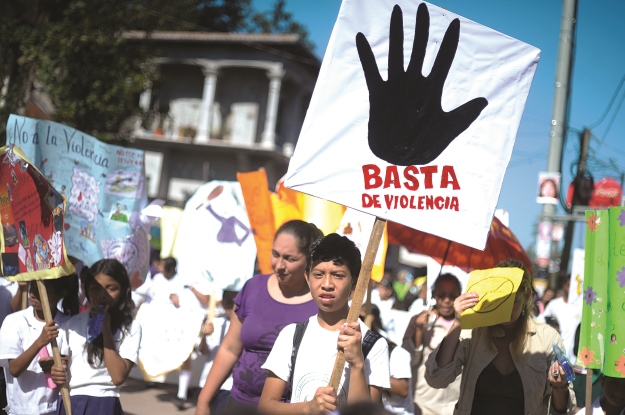The passage of a $750 million U.S. aid package for Central America is an example of the collaboration needed to end violence and rebuild society in the Northern Triangle. As policymakers spend these funds, having the right data to inform spending will be crucial.
For over 15 years, INCAE Business School has helped collect and analyze the Central American data used in the World Economic Forum’s respected Global Competitiveness Index (GCI). In 2013, INCAE added another instrument to its data collection and analysis toolbox — the Social Progress Index (SPI), which measures the sometimes overlooked social and environmental factors of development at both the national and municipal levels. By using the SPI alongside the GCI, we can give leaders a comprehensive picture, driven by sound data, of how these factors affect progress. Using the two indices in Medellín, Colombia, INCAE found that tackling issues like public space usage, urban mobility and smart lighting were essential to improving personal security. The tools’ implications for the Northern Triangle are substantial. An issue like child migration, for example, can’t be properly addressed without an informed grasp of the social factors that impede opportunity for minors and drive them to flee, such as early marriage and gender parity in education.
—
Umaña is director of the Latin American Center for Competitiveness and Sustainability at INCAE Business School.





